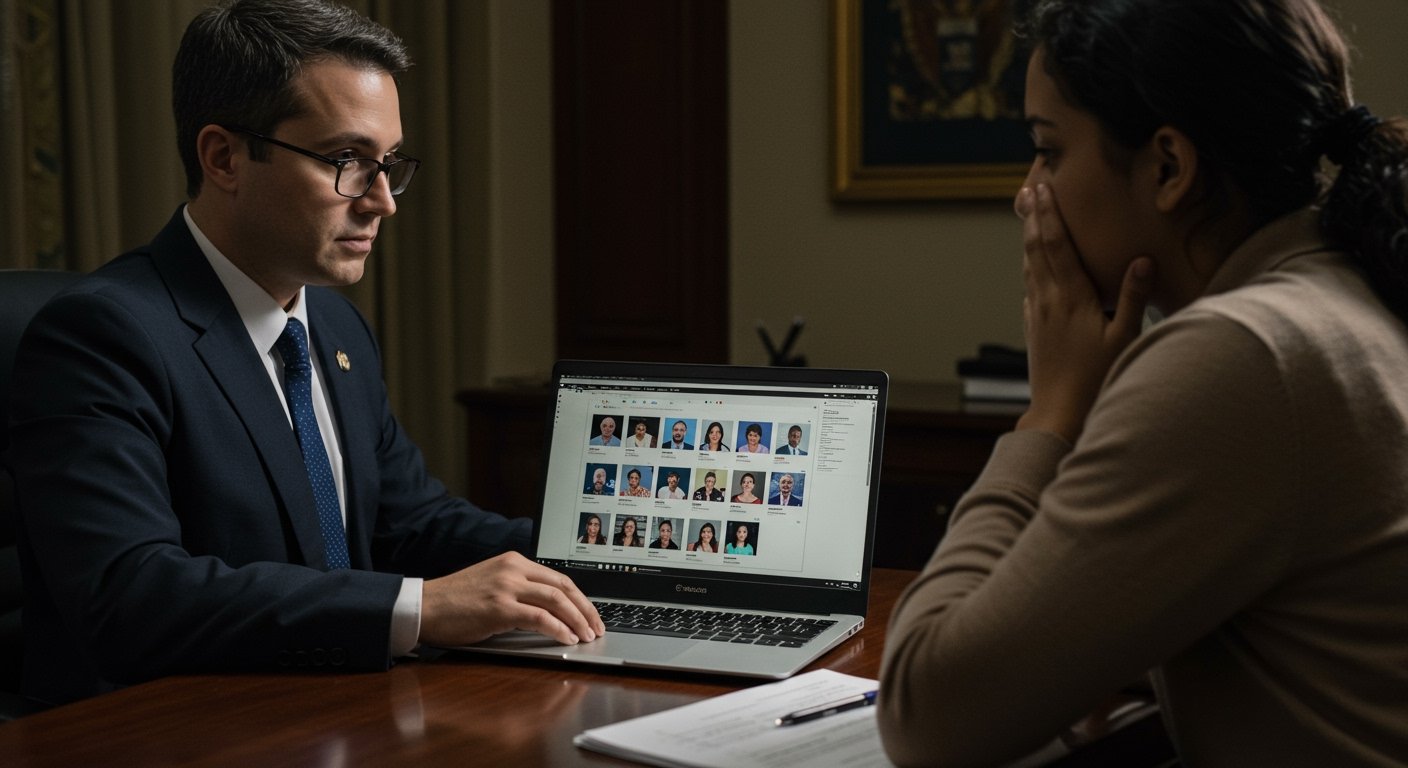Washington D.C. – The John F. Kennedy Center for the Performing Arts, a cornerstone of American cultural life and a symbol of national artistic achievement, reportedly became a significant new battleground in the ongoing American culture war during the administration of President Donald Trump. At the heart of the contention were significant shifts in leadership and alleged directives concerning artistic programming, particularly regarding drag performances.
Less than three weeks into his presidency, President Donald Trump reportedly initiated substantial changes to the governance of the prestigious institution. Reports indicated that he replaced key leaders, including the then-chairman, David Rubenstein, and the president, Deborah Rutter, of the Kennedy Center Board of Trustees. Beyond these leadership roles, numerous individuals who were reportedly Democratic appointees to the board were also replaced.
The scale of the appointments was notable: President Trump reportedly appointed 14 new board members. This influx of new members was coupled with a stated agenda. The administration reportedly aimed to restore “American ideals” within the center’s programming and direction. This vision included an objective of overhauling programming to align with his administration’s cultural agenda. A specific focus of this alleged overhaul was the reported goal of eliminating diversity initiatives within the institution’s framework.
The tensions reportedly heightened around the specific issue of drag performances. President Trump allegedly expressed his opposition to drag shows publicly. According to reports, he did so by writing “NO MORE DRAG SHOWS” on his social media platform, Truth Social. This alleged directive underscored the administration’s reported intent to shape the cultural offerings presented at the national center.
Boardroom Reaction and Departures
The reported changes and the administration’s stance on programming did not occur without internal dissent within the Kennedy Center’s governance structure. In reported protest of these changes, several high-profile board members reportedly chose to resign from their positions. These included notable figures from the arts and entertainment world, specifically television producer Shonda Rhimes, musician Ben Folds, and opera singer Renée Fleming. Their reported departures signaled a significant rift between a segment of the board and the direction reportedly being set by the new appointees.
Implications for the Arts and Society
The events at the Kennedy Center reportedly drew commentary from academic observers regarding their potential impact on the broader arts landscape. Stacie Brensilver Berman, a Clinical Assistant Professor in NYU Steinhardt’s Department of Teaching and Learning, commented on the situation. According to reports, Professor Berman suggested that a chilling effect on the arts could result from such interventions in cultural institutions. She reportedly added that this perceived chilling effect reflects larger societal concerns, framing the conflict at the Kennedy Center not merely as an institutional dispute, but as symptomatic of wider cultural and political currents.
The reported actions at the Kennedy Center, a federally chartered institution intended to be a living memorial to President John F. Kennedy and a national stage for the arts, underscored the extent to which cultural institutions can become focal points in political and ideological debates. The reported replacement of board members, the stated goals regarding programming and diversity initiatives, the alleged direct opposition to specific art forms like drag, and the subsequent high-profile resignations together painted a picture of an institution grappling with external pressures and internal divisions during this period. The episode highlighted the challenges faced by cultural organizations navigating differing visions for the role of arts in national life and the influence of political agendas on artistic expression and institutional governance.










